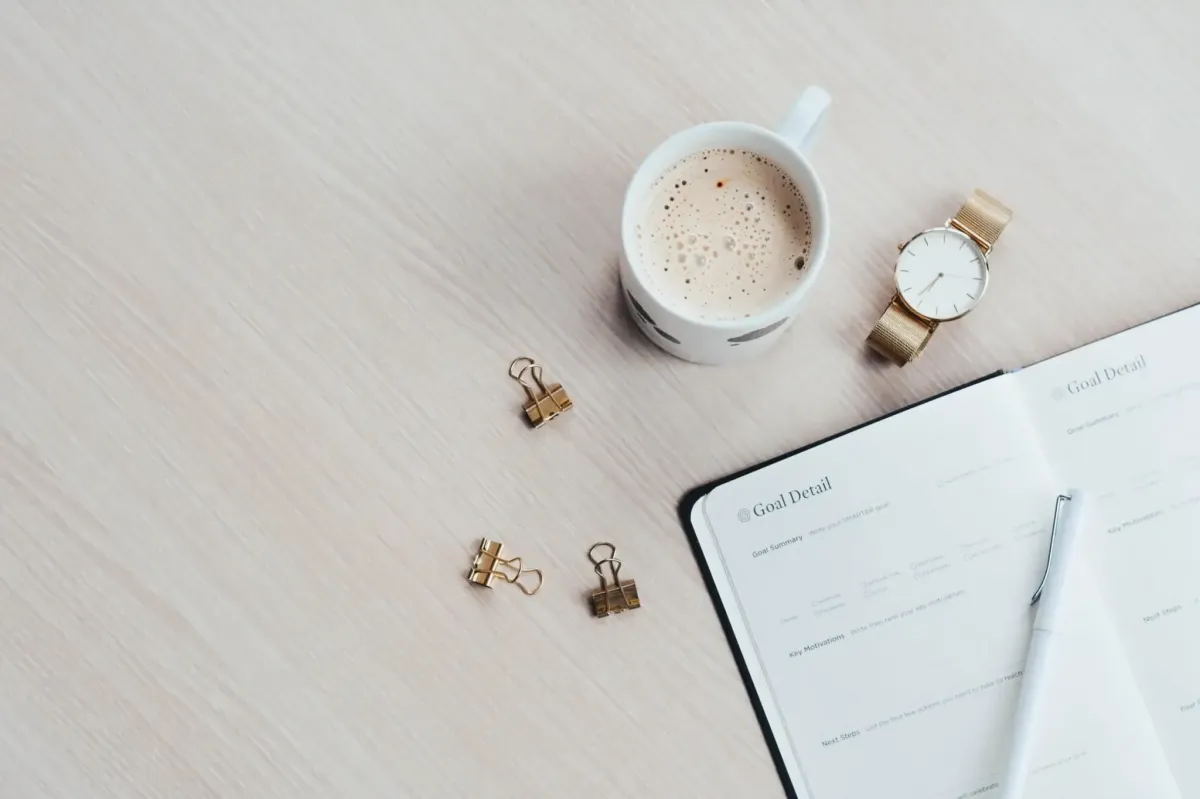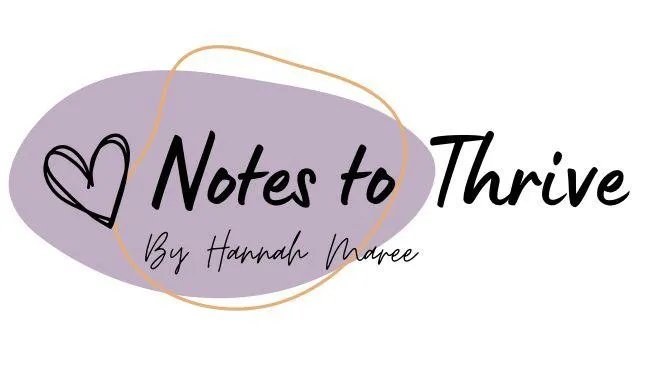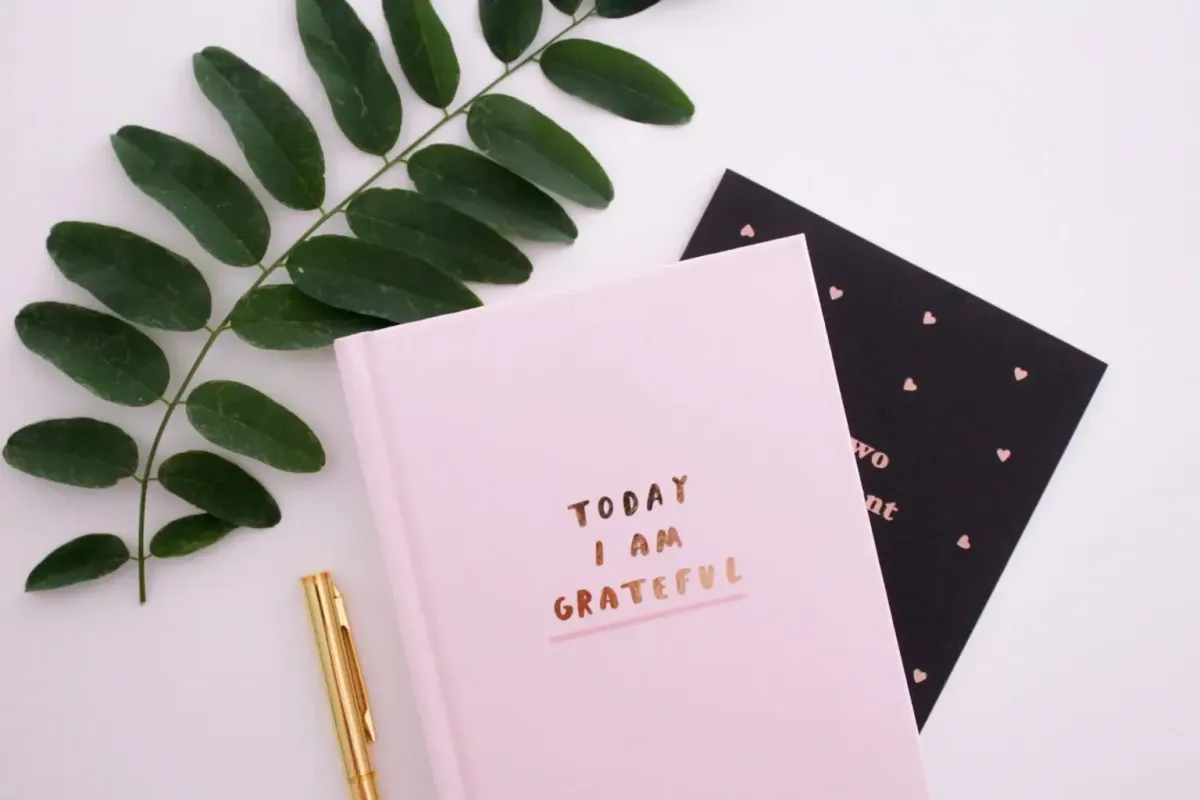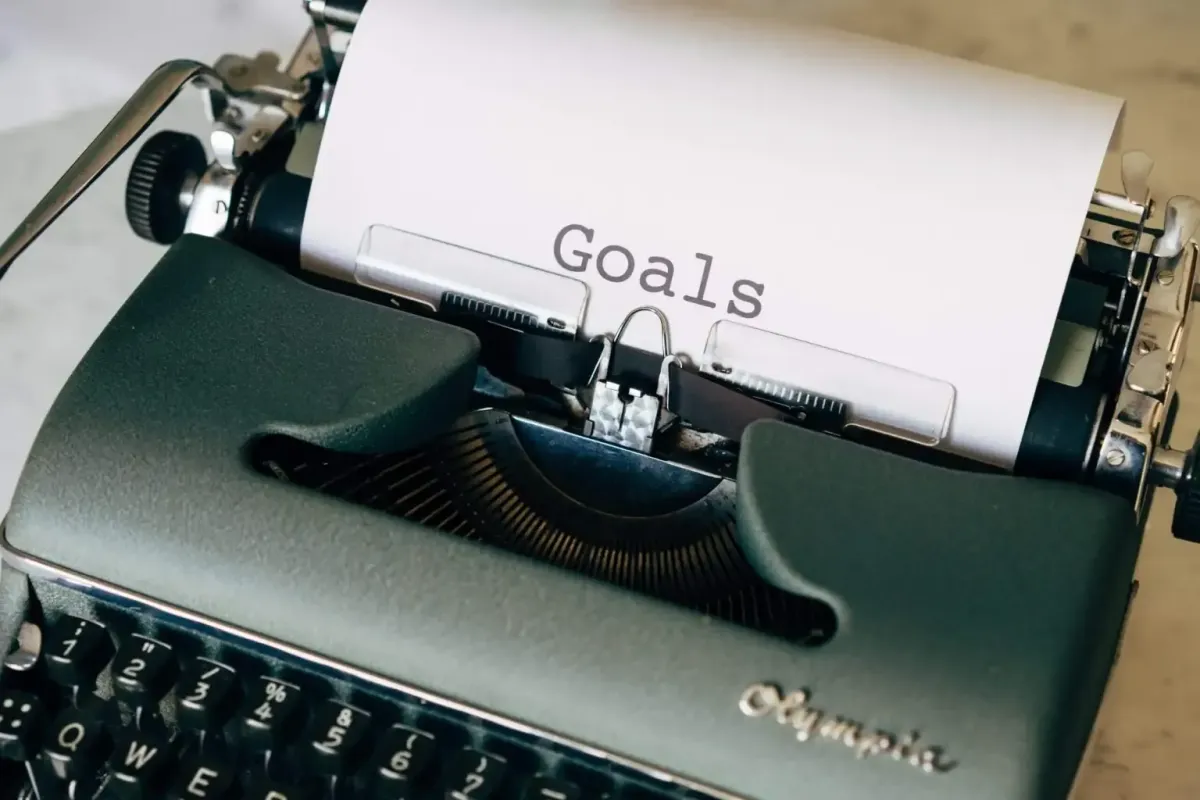Shop our printable range to aid your journey
Coming Soon!
Latest on the Blog

HOW YOU CAN USE HABITS TO TRANSFORM YOUR LIFE ONE STEP AT A TIME
What are Habits?
A habit is an action that we repeat multiple times because we get rewarded from that action. For example, at the end of they day our teeth feel gross from eating all day so we brush our teeth before bed and we are rewarded by the feeling of a fresh mouth. Sometimes we perform habits intentionally and sometimes we complete habits automatically without realising. Habits are powerful and you can use them to your advantage. If you choose to be intentional with your habits, it will transform your life.
The Power of Small Steps
James Clear, in his book Atomic Habits, describes what a habit is and how we can create new habits to become the best version of ourselves and transform your life.
James Clear starts by discussing how every small action we take can either be a step forward, or a step back. By taking just one small step towards a direction that you want to go, you are becoming closer to the person that you want to be. You have the choice to make a start or do nothing and even if it is a small step forward, you are still moving in the right direction.
It is best to take small actionable steps when making a change so that you don’t become overwhelmed. If you try to change too much at once or plan to take steps that are so big it feels impossible, you are a lot more likely to fail. For example, if you have never exercised in your life and all of a sudden you say that you are going to go to the gym for an hour every day, you will feel overwhelmed and also probably won’t have a good time.
If you make a goal to go for a 30 min walk once a week, this feels a lot more achievable. You could make the goal as small as you want and start by just getting into your exercise clothes as soon as you wake up. You will make a lot more progress if you start small and work your way up.
The Habit Loop
Every habit has a habit loop. A habit loop includes cue, routine and reward. The cue is what triggers the start of a habit, it is like a reminder for your brain that this is the time to complete the habit. Routine is the completion of the actual habit and reward is the reward that you get for completing the habit. For example: you notice that you feel thirsty, this is the cue. You drink water, this is the routine and you feel refreshed and satisfied, this is the reward.
This also works with habits that aren’t so helpful. For example: you feel bored, this is the cue. So you start scrolling on instagram, this is the routine and then you don’t feel bored for a minute and get a hit of dopamine, which is the reward.
Rewiring Habits for Positive Change
If you want to stop a bad habit, like scrolling on instagram for hours, it can be helpful to be mindful when you notice cues arising. This takes time and it can be frustrating as it takes time to notice cues that have become automatic. However, keep practicing and you will be able to notice when cues arise.
When you notice that a cue has arisen, you then have the choice to continue with the bad habit, or start a new one. It is a good idea to make a list of good habits, bad habits and then neutral habits such as brushing your teeth. Then make a list of all the corresponding cues and rewards. This will help you to keep mindful and conscious of your choices. Once you have this list, you will be able to determine which habits you would like to stop and how you can change these habits.
Overcoming Difficulties
It can be easy to become overwhelmed with all of the habits you want to create and projects that you want to start. It can be easy to become paralysed by the clutter in your mind. However, by taking one small action, improving by 1% a day that will become a massive improvement of 365% per year.
This post was about how you can use the power of habits to transform your life for the better.
Check out our Instagram
© 2023 Freedomkit | Powered by Freedomkit.ai



